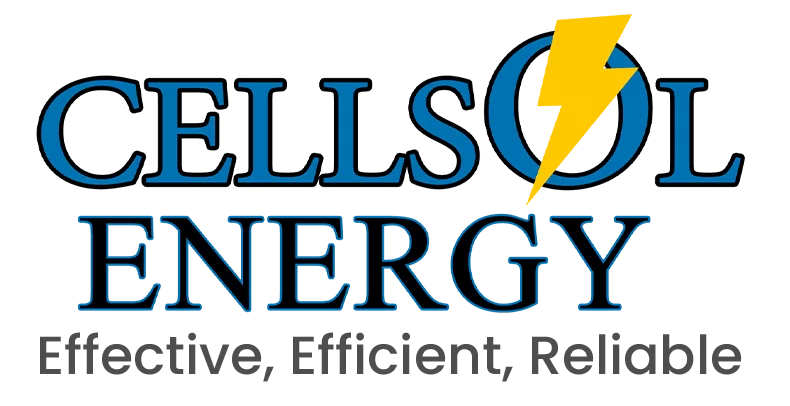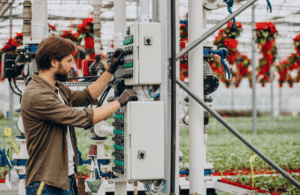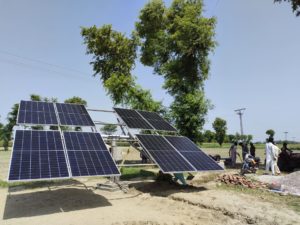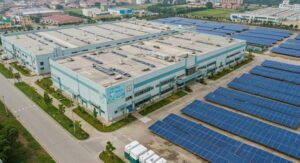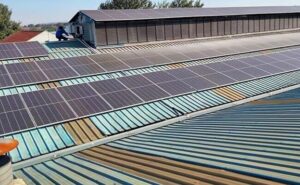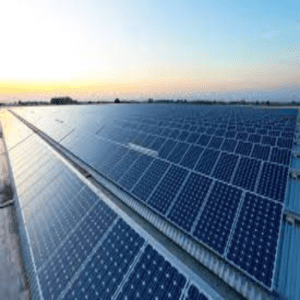WHAT TO KNOW BEFORE INSTALLING SOLAR PANELS
Making the switch to solar power is a big step, but it’s well worth it. Who wouldn’t want a lifetime supply of renewable energy? As more people recognize the value of renewable energy, solar system instalment rates continue to rise.
If you’re thinking about installing a solar panel system in your home or business, here are some questions to ask before you begin.
CAN YOUR ROOF SUPPORT SOLAR PANELS?
If your roof requires repair or replacement within the next few years, it’s best to fix it first. You won’t have to pay extra to disassemble and reinstall a system this way.
Your roof must be strong enough to support the weight of the solar panel system. Hiring a solar technician to evaluate your roof will assist you in determining whether it requires additional support.
IS YOUR ROOF THE RIGHT SHAPE AND TYPE?
An on-site inspection is necessary to determine whether your roof is suitable for solar.A standard gable roof is ideal for solar panels because it allows for a quick and easy installation. However, many other roof types complement solar panels. During your site visit, installers will consider the roof type, shape, material, pitch, and orientation. These elements work together to determine how much sunlight your roof can effectively absorb.
Some roof materials are better than others at supporting solar panels due to their composition:
Because it does not require roof penetration, metal (standing seam, tin, and corrugated) is the easiest material to install solar panels on.Because they are durable, composition shingles are also ideal for solar installation.The material determines the tile roof surface. Because clay tile is prone to cracking and breaking, concrete.
WHICH DIRECTION DOES THE SLOPE OF YOUR ROOF FACE?
Your solar panels act as solar sponges. The more light they receive, the more energy you produce. However, if your roof is not facing the sun, your panels will not produce as much energy.
It is critical that your solar panels face south in order to get the most out of your installation. Depending on the pitch and orientation of your roof, west may also suffice.
Solar panels can capture energy in some cases when installed on east or north-facing roofs. CellSol Energy has an online solar potential calculator that will assist you in determining the energy output of your roof. Above all, however, always rely on a solar expert.
HOW EFFICIENT IS YOUR HOME? HOW MUCH ENERGY DO YOU USE?
If your home has an older HVAC system, insufficient insulation, or poorly sealed windows and doors, it may be more cost-effective to make energy-efficiency improvements before installing solar panels. You can install a smaller system with fewer panels and increase your overall payback by first reducing your energy consumption.
Other cost factors to consider include:
How much energy you use: The greater your current electricity consumption, the greater the savings and payback from a solar installation.Will your energy consumption rise or fall in the future: Your electricity usage will increase if you plan to install a pool, buy an electric vehicle, or expand your family, among other things.
Does your monthly energy consumption vary? Electricity consumption varies throughout the year. It usually peaks during the hot summer months due to air conditioning loads or in the winter due to the need to stay warm.Consult with your solar contractor about designing a solar panel system that will meet your energy needs all year. To maximize your overall savings, consider the efficiency of your home, your energy usage, and utility net metering policies.
HOW DO YOU CONNECT TO THE GRID?
When connecting a distributed generation energy system to the grid, keep logistics in mind. Here are some inquiries you should make of your installer and utility company:
- How long will it take to establish a connection?
- Is it my responsibility to pay any fees?
- How will I be compensated for the electricity generated?
- How long will it take for me to receive credits for the electricity I generated?
WHAT ABOUT WARRANTIES?
There are many durable and long-lasting types of solar panels available, but it’s still important to know that you’re covered if anything goes wrong with them. Warranties differ depending on the manufacturer, but they typically cover equipment and energy production performance.
After 20 years of use, a typical industry warranty guarantees that the panels will generate 80% of their rated power. At CellSol Energy, we provide a comprehensive warranty for our Sun Power solar panels that covers all parts and labor for the entire system for a period of 25 years, as well as a 92% energy production guarantee after that period.
Check with your solar company to ensure that they provide a solid warranty and will service your system for free. You should also inquire about what happens to your warranty if the manufacturer is acquired or goes out of business. Companies that are publicly traded in the United States must keep a reserve for warranty protection, whereas other companies may offer warranty insurance plans.
HOW MUCH DOES SOLAR COST?
A variety of factors influence your total solar cost, including the size of your installation, your energy consumption, and the net metering policies of your utility company. The good news is that solar rebates, as well as federal and local incentives, can significantly reduce overall costs.
For a customized solar analysis of your home, you’ll need to hire a solar expert. The size, type, and efficiency of your panels influence both your upfront out-of-pocket costs and your monthly payments. The higher the purchase price, the more efficient your panels are.
If you own a company, you can enter into a power purchase agreement in which you buy the energy but not the solar equipment. This means you get consistent electricity rates with no up-front costs.
